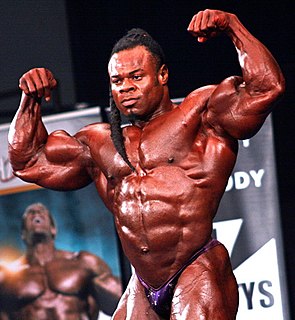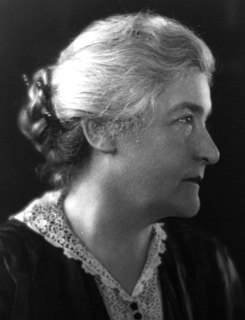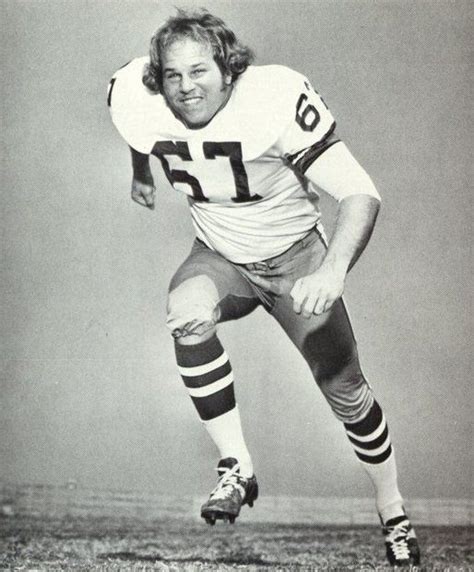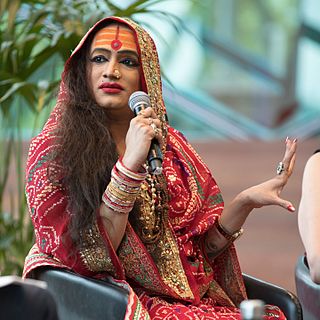A Quote by Sebastian Thrun
Education used to be a slice of life, something you did as a child through college, and then spent the rest of your life working, and then death. Everything is about to change. I believe education will become something that fits seamlessly into life, and we will take big clunky things like degrees and college and fit them into a weekend.
Related Quotes
The mind is everything. If you don’t believe you can do something then you can’t. If you believe that your upbringing was substandard and therefore you have to walk around as a refugee from that crisis situation for the rest of your life, forever bearing the burden of that experience then that will be YOUR life.
The Information Age is, first and foremost, an education age, in which education must start at birth and continue throughout a lifetime. Last year, from this podium, I said that education has to be our highest priority. I have something to say to every family listening to us tonight: Your children can go on to college.... Because of the things that have been done, we can make college as universal in the 21st century as high school is today. And, my friends, that will change the face and future of America.
Women while in college ought to have the broadest possible education. This college education should be the same as men's, not only because there is but one best education, but because men's and women's effectiveness and happiness and the welfare of the generation to come after them will be vastly increased if their college education has given them the same intellectual training and the same scholarly and moral ideals.
Our mission at Khan Academy is a free, world-class education for anyone, anywhere, and college readiness is a crucial part of that. We want to help as many students as possible prepare for college and for life, and since the SAT measures preparedness for college, our partnership with the College Board is a natural fit.
When you go into a college of education you've got aspirations of making a difference in people's lives, of loving children, of working with kids, but none of that is affirmed in your college of education. Then you go working in schools, especially in places like New York City and Chicago that I'm most familiar with, and you find these huge aspirations are beaten out of you in a very systematic way - and still people persevere.
At that point, I thought probably special effects, something like that, and indeed, the early days when I was working with my dad, after I left school, I only went to less than one year of college, and then I was transferring, and then I delayed my transfer, and I did a movie, and then another movie, and then I never finished college.
I always say, "First complete your education, be what you want to be in life, get a position, start earning. Then, when you are financially stable, everything will be stable in your life." I have become like a role model, and people feel that I must have had a really cool life, my parents accepting me, like a Cinderella story. It's not like a Cinderella story for me. I had to be my own fairy godmother and create myself. I took decisions and I lived with those decisions, and I did everything for my own dignity.
There are many things in life that you feel you need such as television, magazines, teachers telling that you have to make money and be successful, but if you have some kind of hope, something to hold onto, then all this will no longer be important. If you can make your next day better than the previous one, then you will see what it really means something to you and not everything that people think you need for your life.
We spent $100 billion on education, saving the education system 300,000 teachers who were laid off because of the recession. We also put tens of thousands of lower income kids in college through Pell grants which has fundamentally all their opportunity. We did the same thing with regard to what we did on transportation. So we weren't just trying to - we knew we had to do something big to keep us from going over the cliff into a depression and pull us out of hole.
Even when change is elective, it will disorient you. You may go through anxiety. You will miss aspects of your former life. It doesn't matter. The trick is to know in advance of making any big change that you're going to be thrown off your feet by it. So you prepare for this inevitable disorientation and steady yourself to get through it. Then you take the challenge, make the change, and achieve your dream.





































